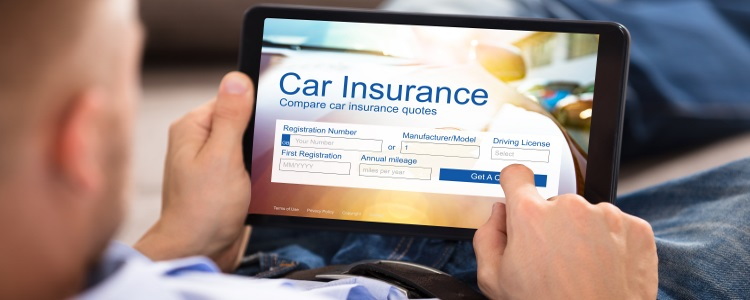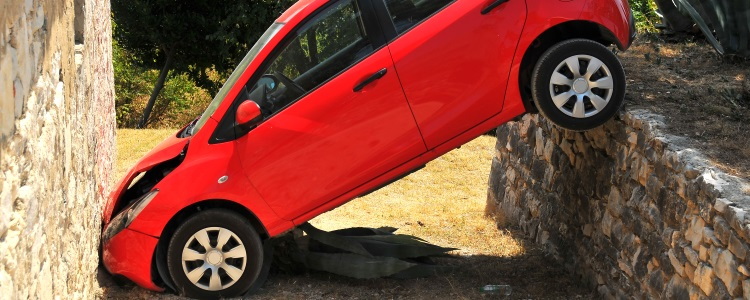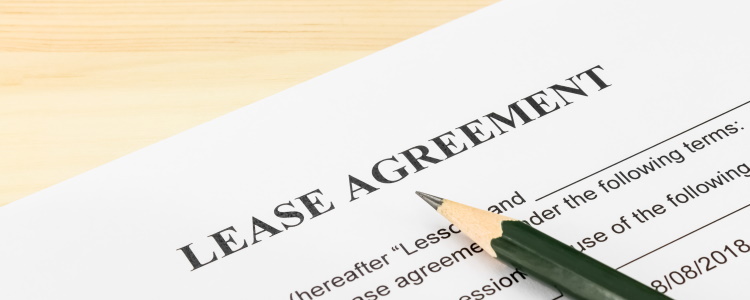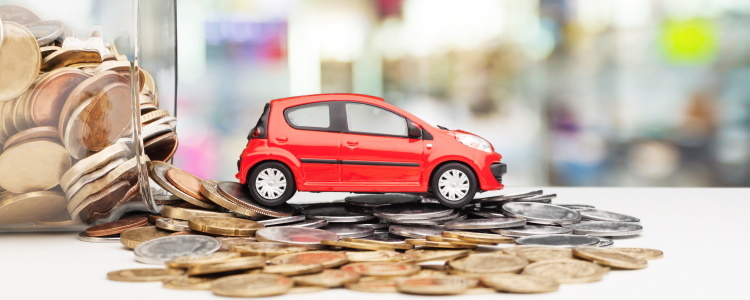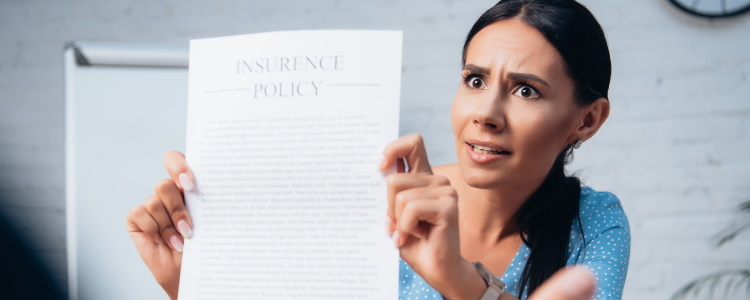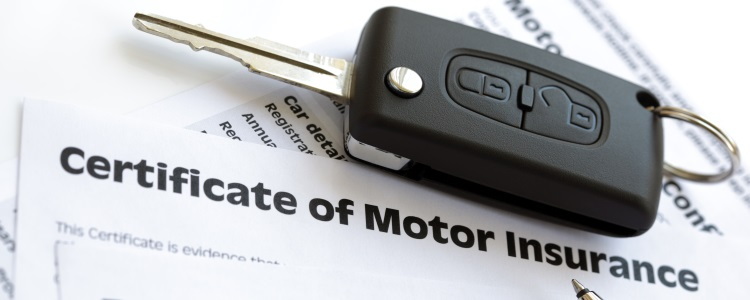While GAP insurance isn't always a requirement on a leased vehicle, it can be a good idea to have the most coverage possible. GAP, or guaranteed asset protection, is a form of insurance that covers the amount of your early termination if the vehicle is lost or stolen. You may be required to have GAP if you lease.
Is GAP Insurance Worth It?
GAP insurance is typically low-cost, so it's often worth it to get it when you lease or finance a car. However, its cost and function can vary by lease or loan. The extra peace of mind that comes from knowing you won't have to pay any excess costs out of pocket if something happens to your leased vehicle while you have it can make it worthwhile, even if you never need the coverage since GAP is typically so affordable.
Some leasing companies require lessees to carry GAP insurance on top of full coverage car insurance. This is largely attributed to the fact that leases are primarily for new cars, and they depreciate quickly – and if something happens to the leased vehicle, your full coverage may not pay out everything you owe. GAP can give lessees and lessors peace of mind.
GAP insurance works similarly if you have a car loan. It covers the difference between your vehicles' value at the time it's totaled or stolen and what you owe on the loan. Standard auto insurance only covers repairs to the car, not the cost of your loan, which makes GAP very worth it.
How Do I Get GAP Insurance?
 GAP insurance is typically offered through the dealership when you're speaking to the finance manager on behalf of the lessor. And, in many cases, it can also be purchased through your insurance company or a number of third-party insurers. In some instances, GAP can be as low as around $40 a year, but your costs will vary.
GAP insurance is typically offered through the dealership when you're speaking to the finance manager on behalf of the lessor. And, in many cases, it can also be purchased through your insurance company or a number of third-party insurers. In some instances, GAP can be as low as around $40 a year, but your costs will vary.
Extra Protection for Bad Credit Lessors
If you're able to qualify for a lease with less than perfect credit, it's typically required that you carry the most insurance you can. This may include GAP since you don't own a leased car unless you buy it at lease-end.
When you have poor credit it can be more difficult to lease, and when you qualify it can cost you significantly more than good credit lessees. You may only qualify for higher rates and longer lease terms, or a higher money factor, both of which can raise your cost.
With the cost of the lease being higher, the amount you have to repay the lessor if something happens to the vehicle is likely higher, too. And, you're likely to have a higher early termination fee, which may include the rest of your lease payments. GAP can help you combat these costs.
Not Qualified for a Lease?
If leasing is just out of reach due to your credit, you may still qualify to finance a vehicle through a special finance dealership. These dealers are signed up with lenders that can work with borrowers in many challenging credit situations. Plus, a car loan is a wonderful way to work on raising your credit score so you can qualify for a lease next time around.
If you're ready to find your next vehicle, and a loan, we want to help. At Auto Credit Express, we're not a lender, but we have built a nationwide network of dealers and we want to connect you to one in your area. The process is fast, free, and without any obligation. Get started now by filling out our auto loan request form.


